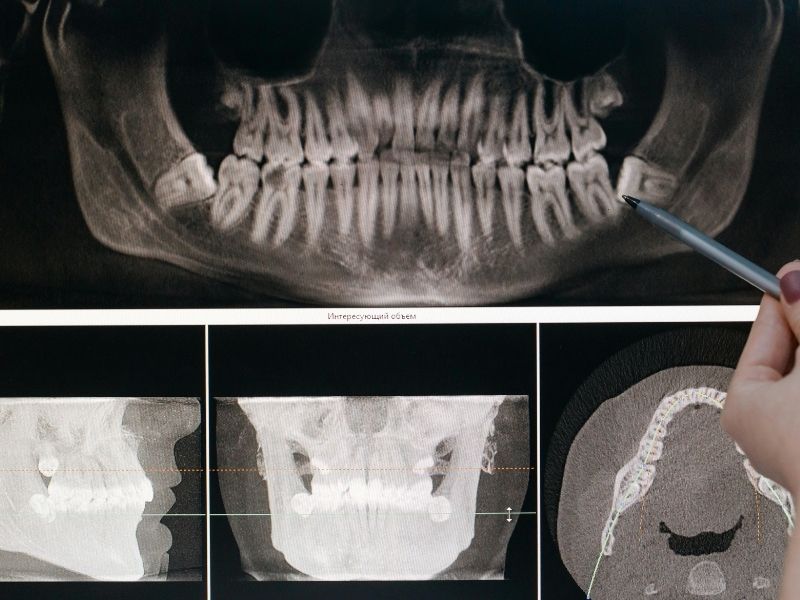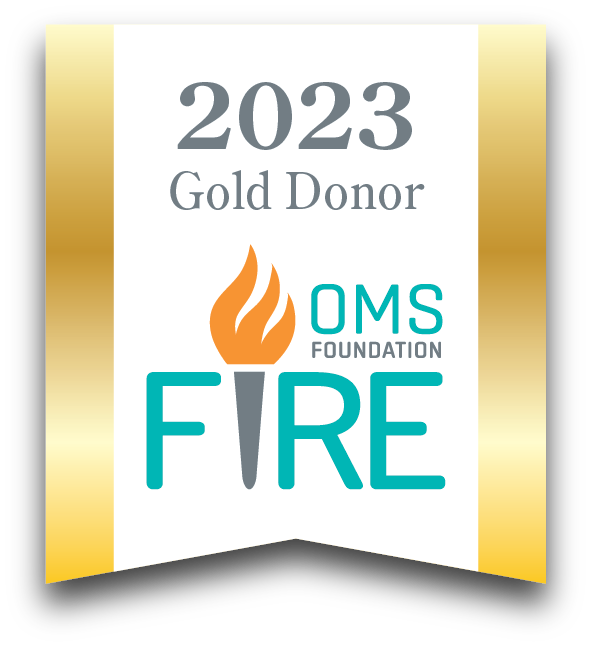Wisdom Teeth Removal: Expert Care for a Smooth Recovery With Us
Why Wisdom Teeth Often Cause Trouble
Wisdom teeth, or third molars, are the last set of teeth to come in—usually in the late teens or early twenties. For a lucky few, they grow in straight and cause no issues. But for most people, there simply isn’t enough space at the back of the jaw.
When that happens, the teeth may become impacted, which means they stay stuck under the gums or push at strange angles. This could lead to:
- Other teeth may crowd or move.
- Pain, swelling, or gum infections that keep coming back.
- Damage to nearby teeth or bone.
- Untreated cysts and related issues.
Because of these risks, dentists often suggest removing wisdom teeth before they cause further complications.
How the Extraction Process Works
Before extraction, your dentist or oral surgeon will examine your mouth and take X-rays or 3D scans to determine the safest approach.
The process usually includes three steps:
- Anesthesia – The area is numbed, and sedation may be given if necessary.
- Removal – Simple cases involve quick extractions. If the tooth is impacted, a small incision may be made for safe removal.
- Sutures and Aftercare – Dissolvable sutures may be placed, and you’ll receive aftercare instructions before going home.
Most procedures take less than an hour, and patients can usually return home the same day.
What Recovery Usually Looks Like
Days 1–2
- Mild bleeding and swelling are normal.
- Ice packs help control swelling.
- Stick to soft, cold foods like applesauce, yogurt, or smoothies.
Days 3–4
- Swelling begins to decrease.
- You may notice slight bruising or jaw stiffness.
- Gentle saltwater rinses help keep the mouth clean.
Day 5–7
- Pain should be minimal.
- Most patients return to school, work, or light activities.
- Stitches, if present, can usually be removed.
Two Weeks
- Most healing is complete.
- Pain should be gone, though the jawbone continues healing for several months.
How to Make Your Recovery More Comfortable
- Use ice packs on your cheek in short intervals to reduce swelling.
- Sleep with your head elevated to ease discomfort.
- Eat soft foods like oatmeal, scrambled eggs, mashed potatoes, and soup.
- Avoid straws and smoking, which can cause dry socket.
- Rinse gently with warm saltwater after meals to aid healing.
Normal vs. Concerning Symptoms
Normal
- Mild bleeding in the first 24 hours.
- Some swelling or bruising of the face or jaw.
- Temporary jaw stiffness.
Seek Medical Help If You Notice
- Worsening pain after a few days.
- Heavy or persistent bleeding.
- Bad taste, pus, or unusual swelling.
- Numbness that doesn’t go away.
Prompt follow-up with your dentist helps prevent serious complications.
How Removing Wisdom Teeth Benefits Oral Health
- Prevents crowding and misalignment.
- Reduces risk of recurring gum irritation.
- Eliminates pain caused by impacted teeth.
- Makes it easier to maintain oral hygiene at the back of the mouth.
Many patients report improved overall oral health after removal.
Frequently Asked Questions About Wisdom Teeth Removal
- Does it hurt? – No. You’ll be under anesthesia. Some discomfort afterward is normal, but medication helps manage it.
- When can I eat normally? – Start with soft foods for a few days. Most patients return to solids within a week.
- How much time off is needed? – Typically 2–3 days, though complicated cases may need longer.
- What if I don’t remove impacted teeth? – They can damage nearby teeth, cause infections, or affect the jawbone.
- How long is full recovery? – Most healing occurs in two weeks, but bone healing continues for months.
Expert Care Makes All the Difference
Wisdom teeth removal is common, but every case is unique. An experienced dentist or oral surgeon ensures safe extraction and personalized aftercare, making recovery smoother and faster than expected.
Are You Ready for a Healthier Smile?
Don’t let wisdom teeth pain affect your life. With expert care and proper recovery, you can expect a smooth, safe experience.
📞 Call us today to book your consultation—the first step toward a pain-free recovery and lasting oral health.









